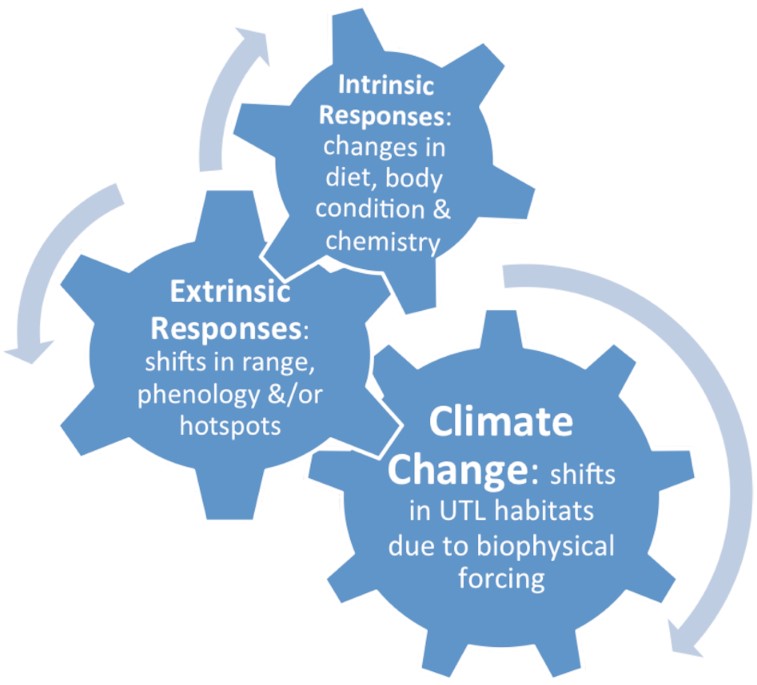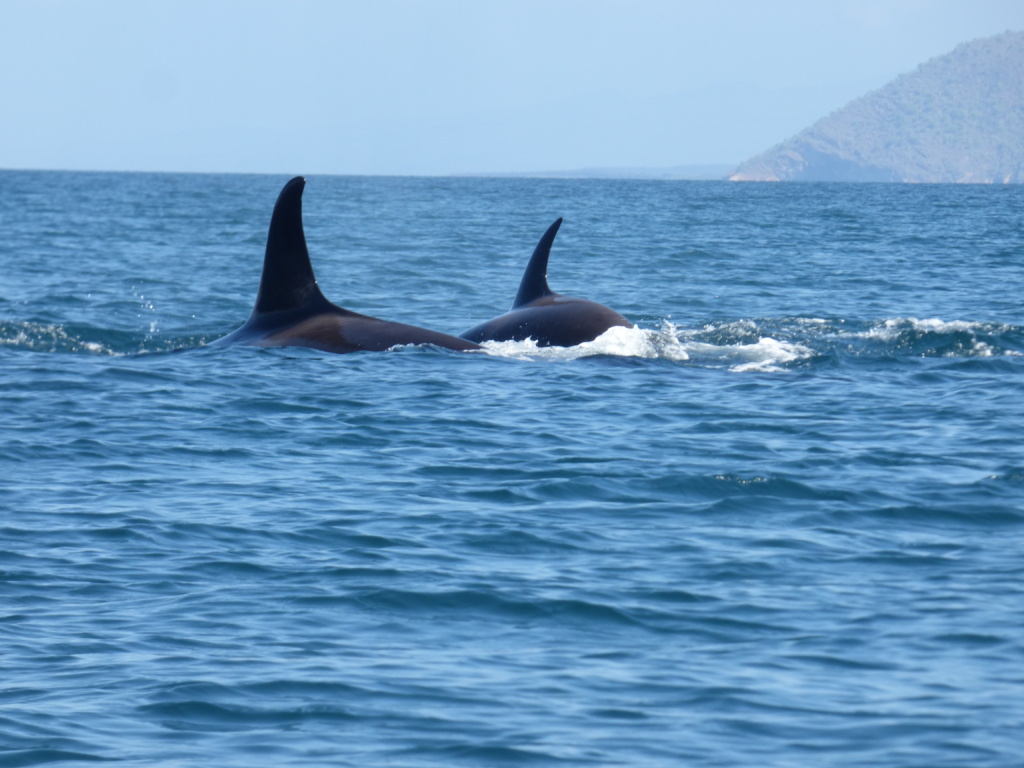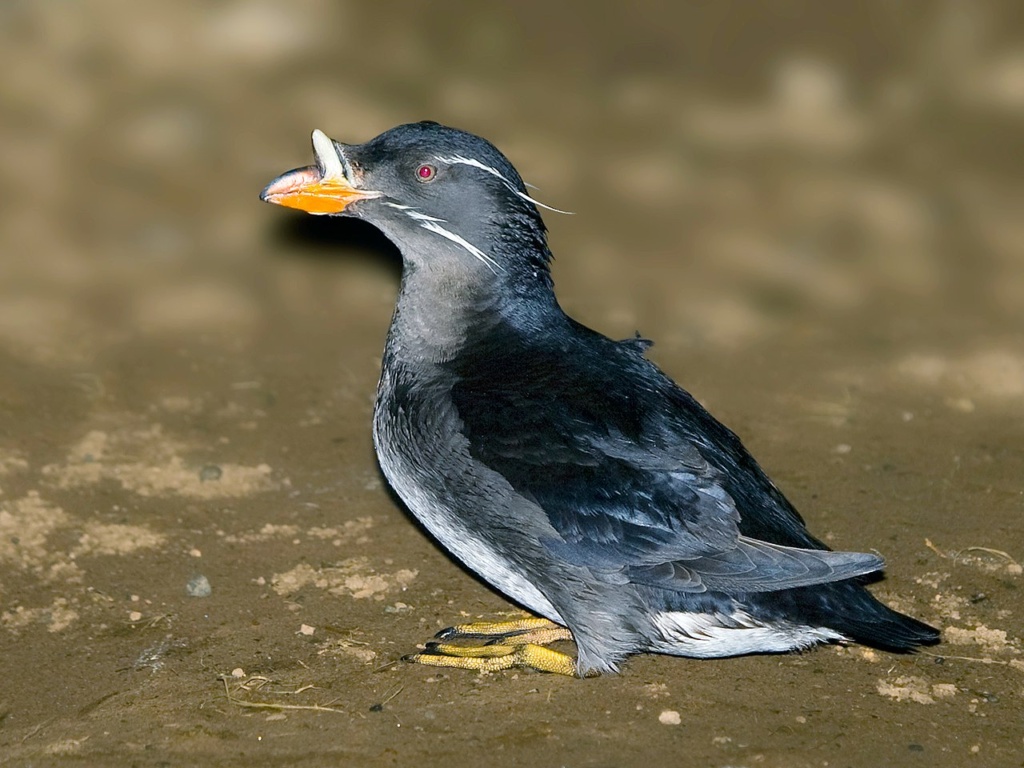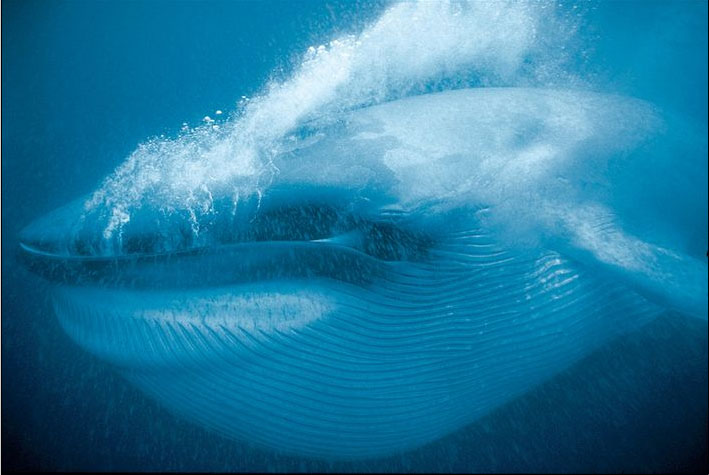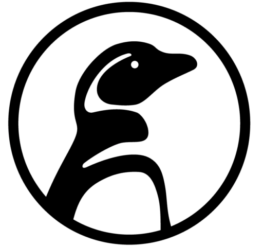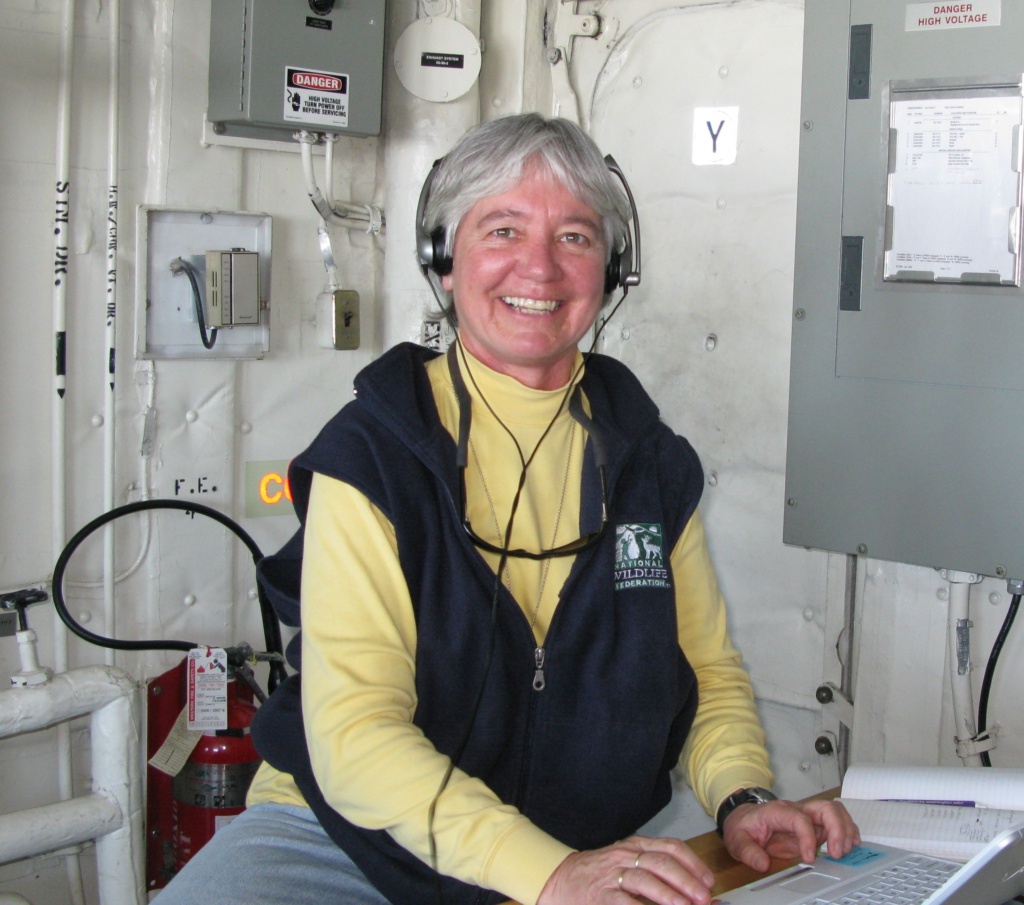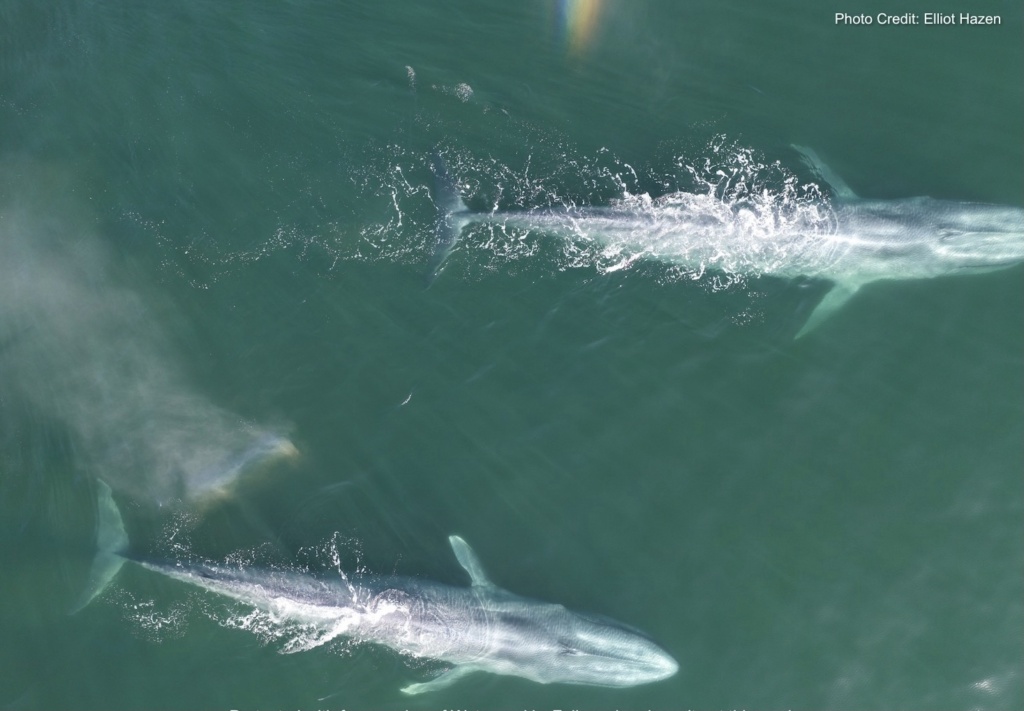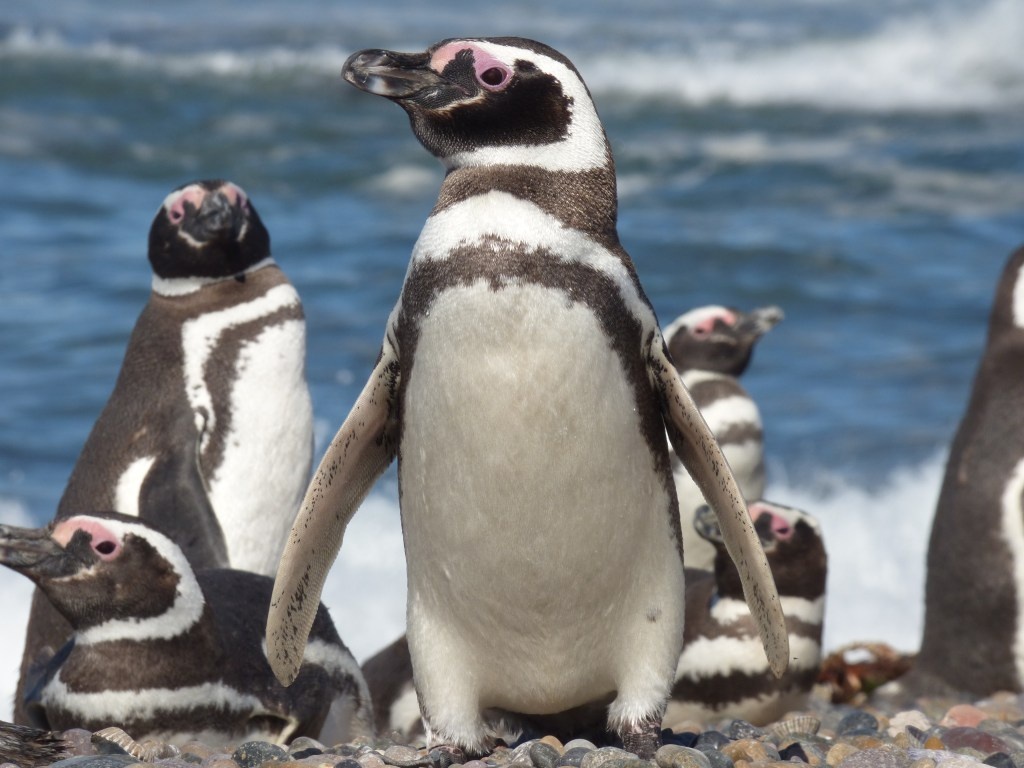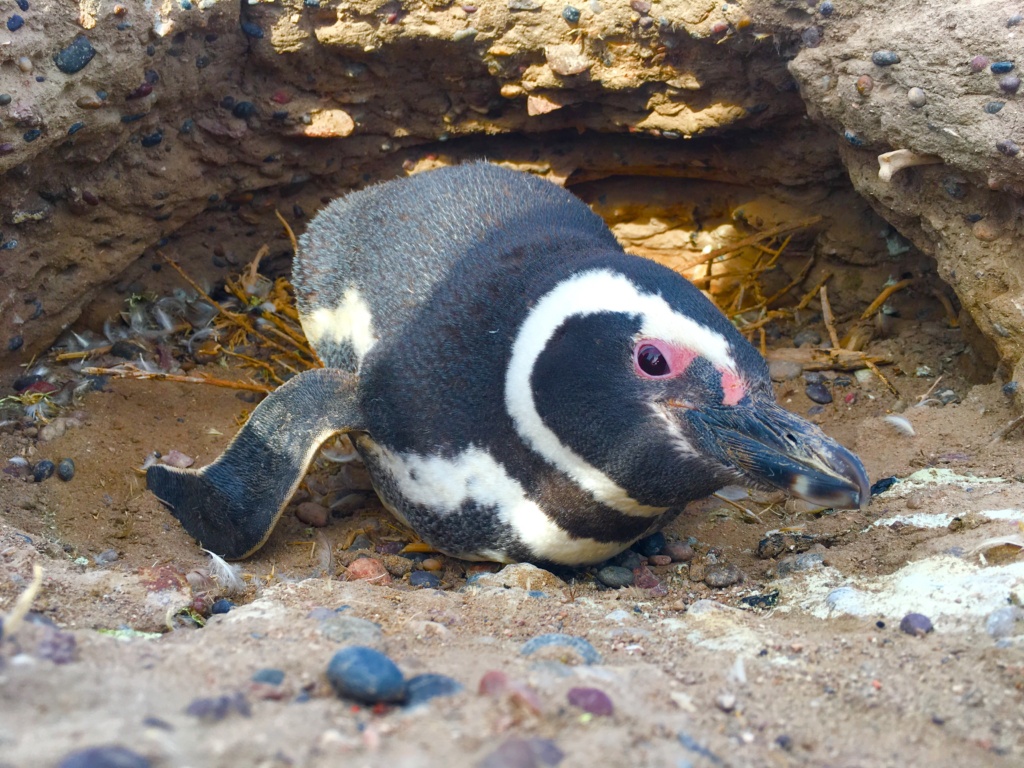Changing course: Relocating commercial tanker lanes significantly reduces threat of chronic oiling for a top marine predator
Metadata Authors: Eric L. Wagner, Esteban Frere, P. Dee BoersmaJournal: Marine Pollution BulletinDOI: 10.1016/j.marpolbul.2023.11 Summary Summary written by Sofia Denkovski Argentinian oil and effects on seabirds Surveys from 1982-1990 suggested more than 40,000 penguins died per year in Chubut and Santa Cruz from chronic oiling. This was hypothesized to be due to the colonies’ proximity to oil centers and shipping lanes. Why is oil so bad for birds? Oiled birds lose their ability to thermoregulate and can ingest the toxic oil. Penguins are especially vulnerable due to remote breeding sites and inability to fly. Changes after establishment of 1997 marine […]

